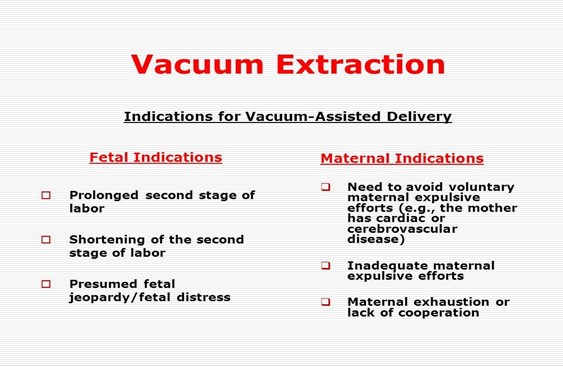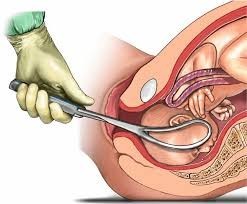The NICU nurse observes the parents of a newborn admitted two days ago for prematurity. The nurse knows infection prevention education has been effective when which observation is made:
Inviting family members to visit the newborn.
Wearing gloves when touching and holding the newborn.
Washing their hands before touching the newborn.
Avoiding direct contact with the newborn.
The Correct Answer is C
Hand hygiene is one of the most important infection prevention strategies in the NICU, and parents and visitors should be encouraged to wash their hands frequently, especially before touching the newborn. While wearing gloves can provide an additional barrier against infection, it is not a substitute for hand hygiene. Family members should be encouraged to visit and bond with their newborn, but they should be taught proper infection prevention measures to protect the infant's health. Avoiding direct contact with the newborn is not necessary as long as appropriate infection-prevention measures are taken.
Nursing Test Bank
Naxlex Comprehensive Predictor Exams
Related Questions
Correct Answer is C
Explanation
The most common indication for a vacuum-assisted delivery is a prolonged second stage of labor, which means that the mother has been pushing for an extended period without effective descent of the fetal head. The vacuum can help to provide traction to the fetal head and assist with delivery.
Option A is incorrect because a vacuum-assisted delivery is not indicated for the prevention of fetal abnormalities.
Option B is incorrect because a vacuum-assisted delivery is not indicated for the prevention of maternal hemorrhage.
Option D is incorrect because a prolonged first stage of labor is not an indication of
vacuum-assisted delivery. In this case, other interventions, such as augmentation of labor with oxytocin, may be used.

Correct Answer is C
Explanation
After a forceps-assisted birth, the infant should be assessed for signs of trauma or injury, such as bruising, facial nerve injury, or skull fractures. This assessment should be done immediately after the birth to ensure prompt recognition and management of any issues.
Option A is incorrect because measuring the circumference of the infant's head can be done after the assessment for trauma has been completed and any issues have been addressed.
Option B is incorrect because applying a cold pack to the infant's scalp is not a standard nursing intervention after a forceps-assisted birth.
Option D is incorrect because prophylactic antibiotics are not routinely administered to infants after a forceps-assisted birth unless there is a specific indication, such as suspected infection.

Whether you are a student looking to ace your exams or a practicing nurse seeking to enhance your expertise , our nursing education contents will empower you with the confidence and competence to make a difference in the lives of patients and become a respected leader in the healthcare field.
Visit Naxlex, invest in your future and unlock endless possibilities with our unparalleled nursing education contents today
Report Wrong Answer on the Current Question
Do you disagree with the answer? If yes, what is your expected answer? Explain.
Kindly be descriptive with the issue you are facing.
